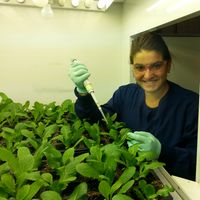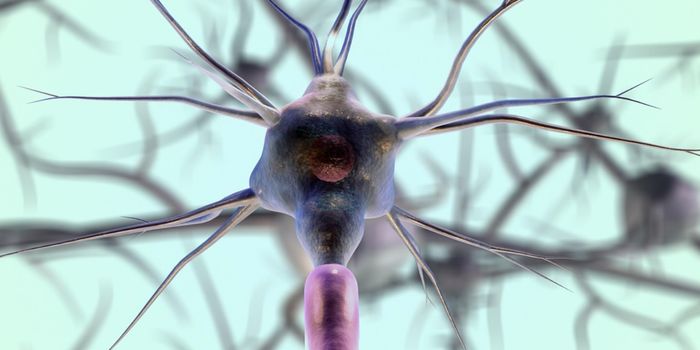Staphylococcus pneumoniae are a species of bacteria known for their significant impact on the upper respiratory tract. The bacterium was first isolated in 1881 by Louis Pasteur. It was also used in the experiments that led to the discovery of
bacterial transformation in 1928 by Frederick Griffith as well as in 1944 by MacLeod and McCarthy to show that genetic material is DNA as it was originally thought to be protein.
S. pneumoniae are primarily found in the respiratory tract throughout the throat and nasal cavities. It is the causative agent of many different types of infections including pneumonia, sepsis, meningitis and otitis media.
Over the last 20 years, the bacteria have shown a significant increase in resistance to antibiotics. Scientists suspect this resistance in due to the use of a natural
transformation system used for genetic exchange. The emergence of β-lactam resistant pneumococci is a major health burden due to the spread of multiresistant bacterial clones. As a result, scientists are searching for alternatives to traditional antibiotics for the treatment of
S. pneumoniae infections.
Researchers from the University of Laval in Quebec, Canada published a study in
BMC Genomics investigating the use of pneumophages (bacteriophages that infect
S. pneumoniae) as a potential treatment for pneumonia infections as well as how the phage and the bacterial host interact with one another. Researchers used bacteriophage insensitive
S. pneumonia mutants and performed whole genome sequencing on mutants as well as a reference genome to detect
single nucleotide polymorphisms within the genome of mutants. This technique would help them determine the genes that lead to phage resistance in bacteria.
They found that the unencapsulated
S. pneumonia mutant was much more sensitive to pneumophages than the wild type strains. They concluded that the pneumococcal serotype 2 capsule is a major determinant in resistance against pneumophages. Phage adsorption experiments showed that the part of the infective cycle blocked by bacterial mutants is a step of the lytic cycle. They also concluded that phage resistance occurs very early in the infection cycle. Whole genome sequencing revealed that GntR-like bacterial
transcription factors are responsible for resistance of
S. pneumoniae to the pneumophages used in this experiment.
Researchers highlighted that a diverse array of host genes in
S. pneumoniae are involved in the replication of phages from different types of phage families. Further research is needed regarding phage-host interactions to optimize the use of bacteriophages to treat bacterial infections as an alternative therapy to traditional antibiotics.
Sources:
BMC Genomics;
Microbe Wiki;
University of Oklahoma;
University of Utah;
BROAD Institute









